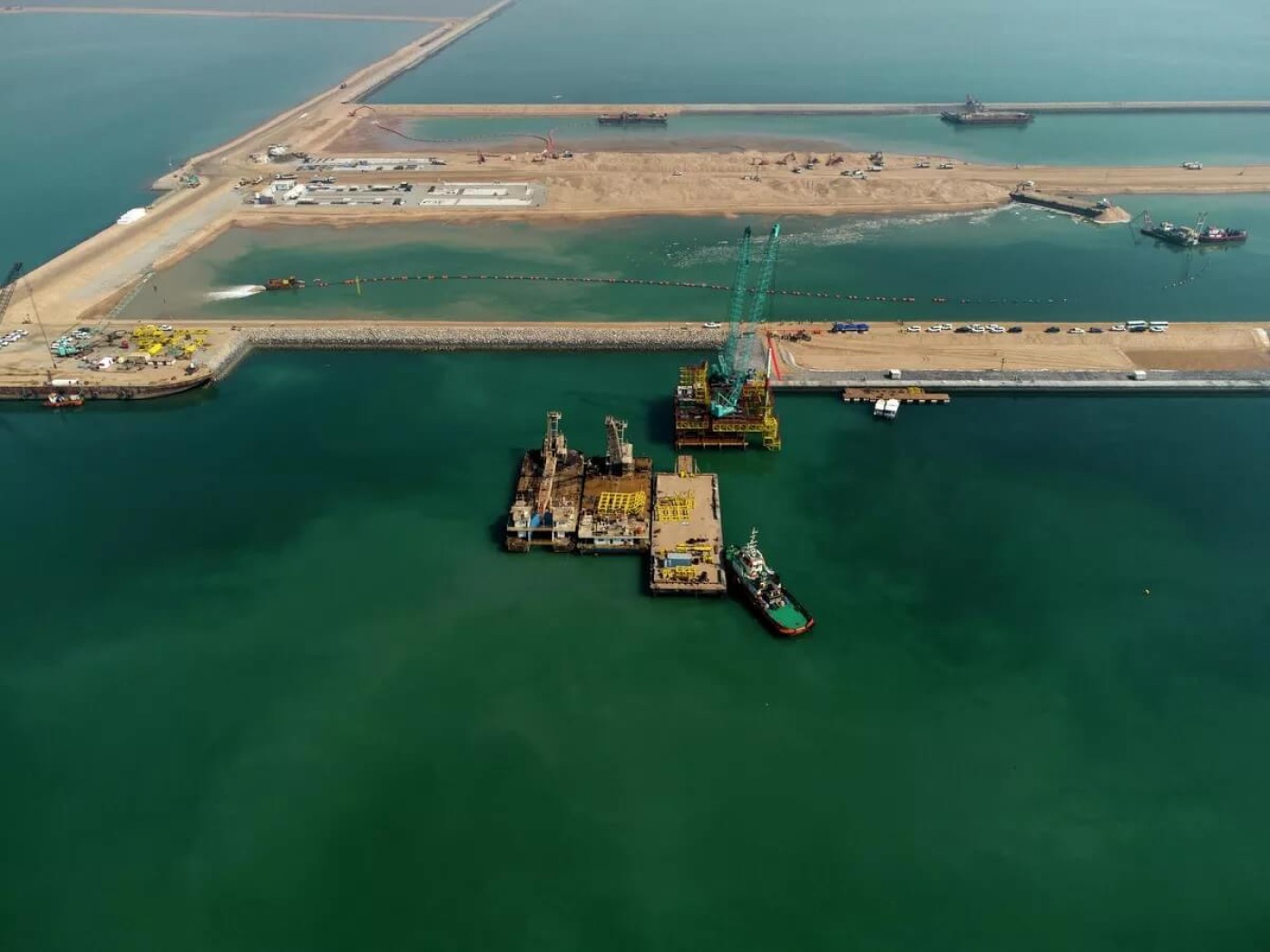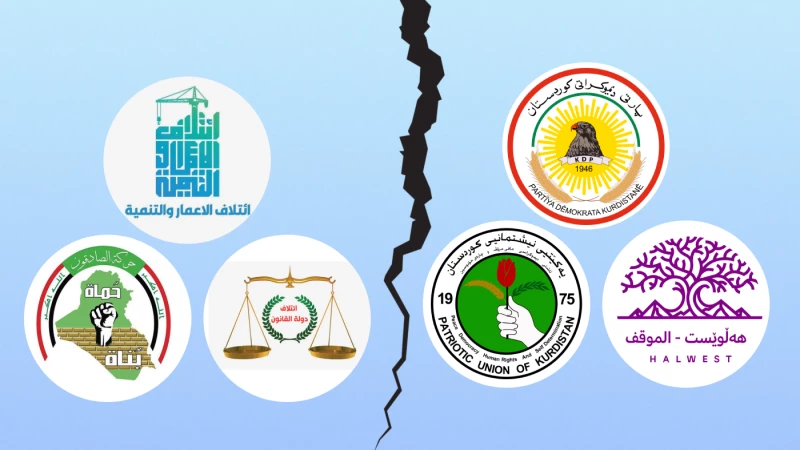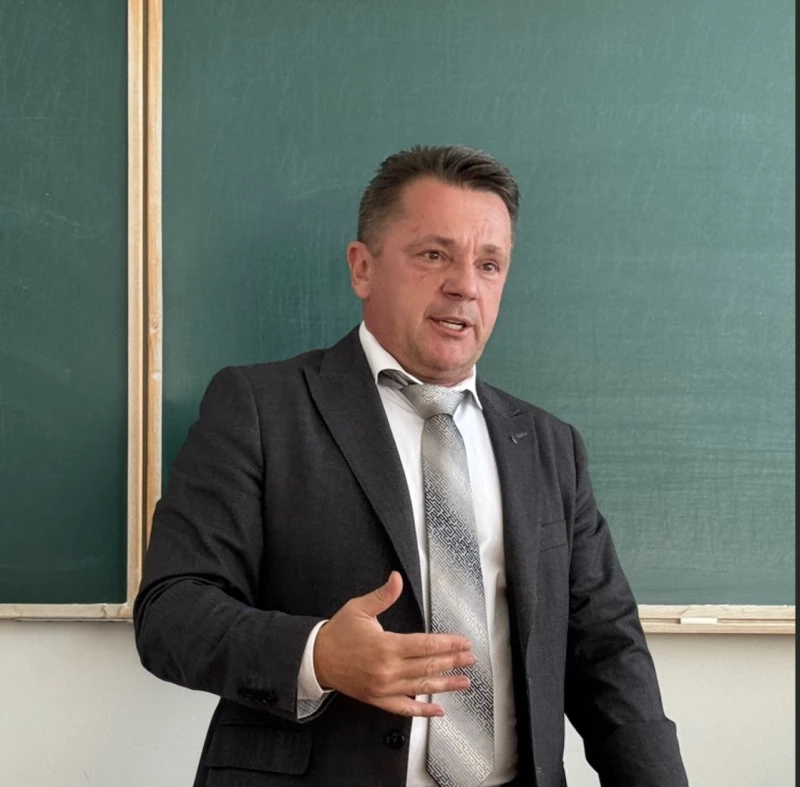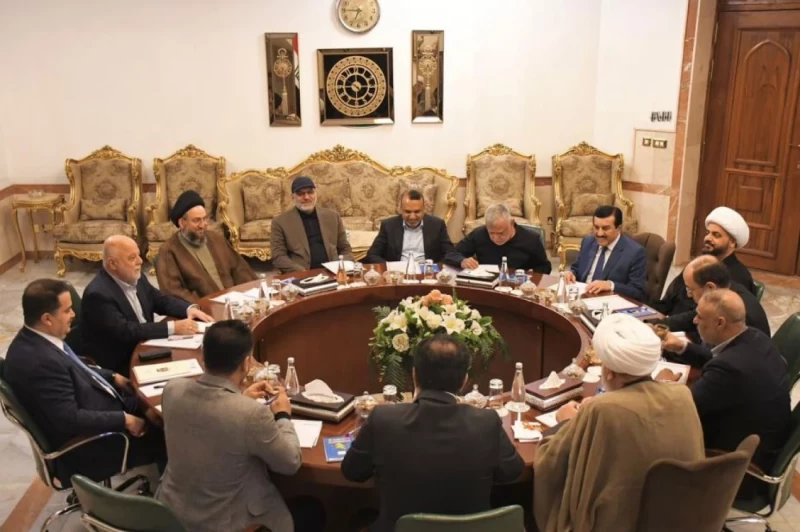With the fall of Saddam's regime in 2003, the disputes and hatred ignited by the 1990 invasion of Kuwait formally ended, as Iraq demonstrated goodwill by paying the full financial compensations mandated by the United Nations. However, vying economic interests in the Arabian Gulf and shared borders continue to strain relations between the two countries.
Tensions have recently resurfaced following the quadrilateral agreement between Iraq, Turkey, the UAE, and Qatar to cooperate on the Development Road project. Border and international waters expert Lieutenant General Jamal al-Halbousi explains, "Kuwait has bared its teeth against Iraq, a stance deemed entirely unacceptable and indicative of animosity towards its neighbor."
Last month, Prime Minister Mohammed Shia Al-Sudani and Turkish President Recep Tayyip Erdogan signed the quadrilateral Development Road project memorandum of understanding in Baghdad.
The agreement prompted indignation in Kuwait, particularly as the project commences at the Iraqi Grand Faw Port, located next to the Kuwaiti port of Mubarak al-Kabeer. Delays in completing the latter have fueled Kuwait's perception of this initiative as a potential menace to its national economic and commercial interests.
Al-Halbousi goes on, "The Development Road is shaped by geography and Iraq's strategic location, despite the delayed completion of the Grand Faw Port, originally slated for 2005 or 2006."
He doesn't exempt Kuwait from involvement in the delay of completing the Grand Faw Port, partly due to its own stalled neighboring project. "The Development Road isn't a recent idea but a project that has been on the table for decades. This road is essential due to Iraq's geographical position, strategically located between continents, bridging the maritime Silk Road route to Europe.
"The Development Road is widely regarded as a promising international route, seen by many countries as advantageous for global trade. Its positive impacts will extend to Iraq and the nations it serves. Nevertheless, Kuwait perceives it as detrimental to its own interests, particularly regarding the Mubarak port. Consequently, the road and the Grand Faw Port have become contentious issues for Kuwaitis, highlighting their animosity towards Iraq."
Al-Halbousi alleges that Kuwait has engaged in various transgressions against Iraq, encompassing matters concerning land borders, the Safwan farms, and oil wells. These wells are exploited by Kuwait despite being shared oil fields, contravening international laws that prohibit unilateral actions. "Iraq must assert its rights to reclaim everything Kuwait has taken from these fields and should not stay silent," he insists.
Regarding border demarcation, he claims, "Kuwait, amid Iraqi political reticence, has unjustly delineated maritime boundaries, exacerbating the Khor AbdAllah issue as yet another bone of contention between the two nations. Kuwait has annexed Khor AbdAllah, despite it being Iraqi territory." He continues, "Iraq has consistently demonstrated goodwill by settling all debts to Kuwait, repatriating war remains, and returning Kuwaiti property. Iraq also has similar demands from Kuwait, yet the latter remains unresponsive. This silence from Iraq is attributed to certain government officials being entangled in Kuwaiti bribes and gifts."
The Development Road project encompasses the construction of roads and a railway network extending from Iraq to Turkey and its ports. Stretching over 1,200 kilometers within Iraq, the project will facilitate the transportation of goods between Europe and the Gulf countries.
Multiple members of the Kuwaiti National Assembly have voiced their discontent with the quadrilateral agreement for the Development Road project. They argue that political instability in Kuwait, coupled with vacant leadership positions, has hindered developmental initiatives, resulting in substantial economic losses for the country.
The New Region reached out to the Kuwaiti Ministry of Foreign Affairs and experts on Kuwaiti politics for comment but has yet to receive any responses.
The investment budget for the project amounts to around US$17 billion. It is anticipated to generate 100,000 jobs in its initial phase and one million jobs upon its completion. The project will be carried out in three phases, with the first phase slated for completion by 2028, followed by the second phase in 2033, and the final phase in 2050.
Political analyst Majaashi al-Tamimi explains that tensions between Iraq and Kuwait are longstanding, especially regarding matters pertaining to land and maritime borders, as well as shared oil fields. "There is a fundamental lack of trust shaping these relations, compounded by regional interventions that have a detrimental effect on the relationship between the two countries."
Al-Tamimi adds that Kuwait perceives Iraq's proposed international Development Road as "a threat to its economy due to its adverse effects on the Mubarak port." This concern has gained prominence recently, particularly following Iraq's demonstrated commitment by signing the agreements with the four countries. Meanwhile, Kuwait is advancing the development of the Mubarak port, but its economic advantages would pale in comparison to the Iraqi Grand Faw Port, bolstered by the international route.
Iraq's recent move has ignited a crisis on social media and prompted a campaign by certain Kuwaiti politicians and lawmakers who see it as a threat to Kuwait's national and economic security. They are pressing the Kuwaiti government to accelerate the construction of the Mubarak port.
Al-Tamimi suggests that "it would be advantageous for Kuwait to participate in this project because Kuwait is currently not part of the Chinese Silk Road, the Development Road, or the third route linking India to the Mediterranean through the occupied Palestinian territories."
Since June last year, both Saudi Arabia and Iran have voiced their wholehearted support for Prime Minister Sudani's Development Road project. They have also conveyed their gratitude and appreciation for Iraq's endeavors in reconciling relations between the two nations and promoting stability in the region. They have also disclosed investment plans aimed at collaborating with and injecting funds into the Iraqi market.
On May 15 last year, Younes Khaled, Director General of the General Company for Railways, said that the Development Road project is a long-held aspiration for Iraq. Serving as a complement to the ambitious Grand Faw Port project, it is poised to become Iraq's largest infrastructure undertaking. Spanning 10 Iraqi provinces, the railway line will be a corridor facilitating trade from Iraq to European markets. Projections anticipate annual revenues from the Development Road to soar to US$5 billion.
Economists are optimistic about both the Grand Faw Port and the Development Road connecting Iraq to Europe. They underscore that the project's benefits for Iraq will extend beyond freight transport fees, breathing new life into multiple industries and fostering the growth of diverse commercial, industrial, and agricultural sectors.
Political analyst Ghalib al-Daami points out that nations naturally prioritize their own interests over those of others. Iraq boasts a crucial maritime gateway via the Grand Faw Port, where considerable advances are being made, and the Development Road traverses Iraqi territory. "The tensions emanating from Kuwait hold little significance for Iraq. Iraq is a sovereign nation, operating within the confines of its own land," asserts al-Daami.
"Kuwait or any other nation lacks the authority to meddle in the affairs of the Grand Faw Port or the Development Road. There are partner nations like the UAE, Qatar, Turkey, and Iraq, while additional countries, including the United States and international corporations, will participate in the investment sector."
He further adds, "The tension in Iraq-Kuwait relations stems solely from Kuwait's side, not from Iraq's. The Iraqi government is dedicated to seeing these projects through and does not perceive any tension. It has no intention of escalating any discord with Kuwait that might impede these crucial and significant projects for Iraq."



 Facebook
Facebook
 LinkedIn
LinkedIn
 Telegram
Telegram
 X
X


